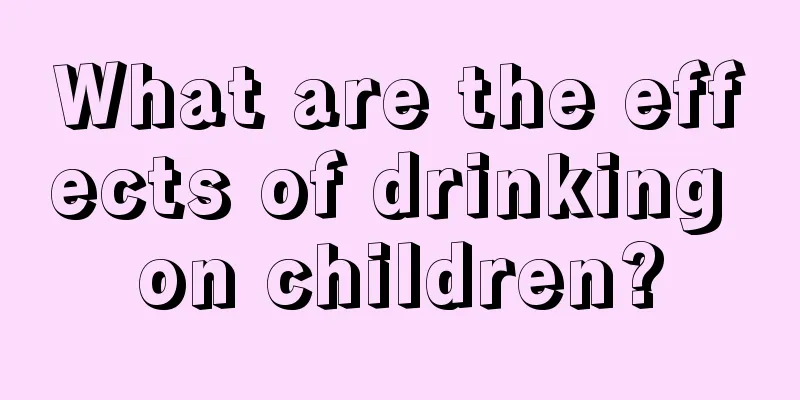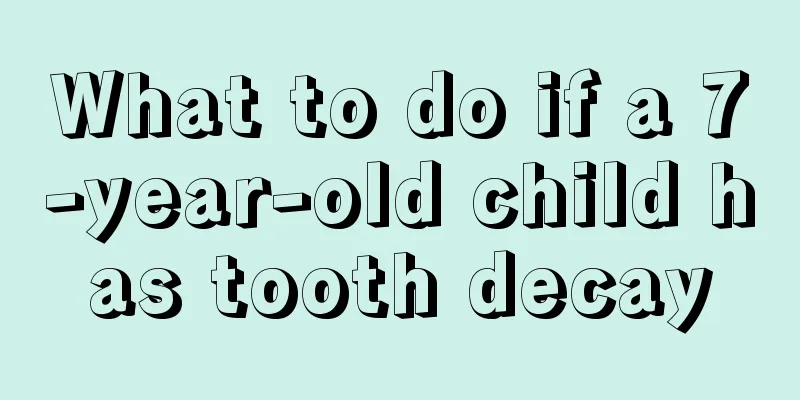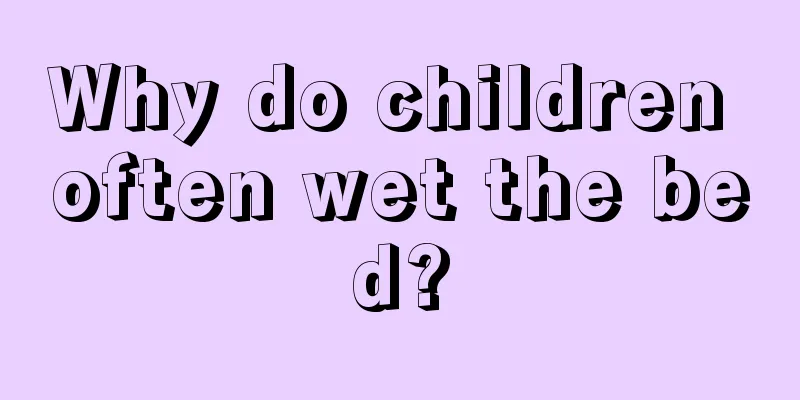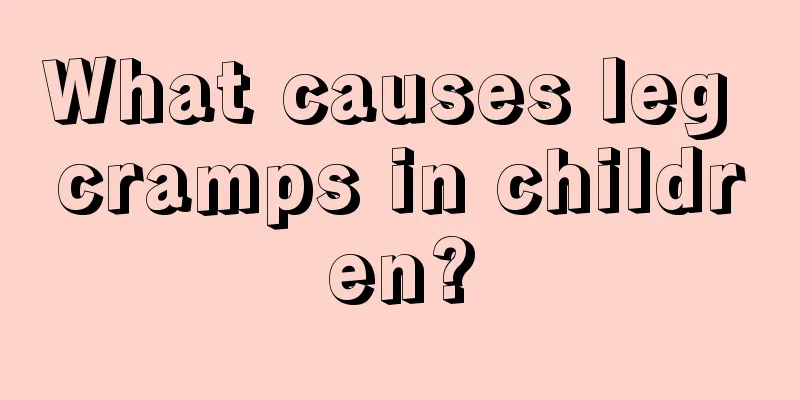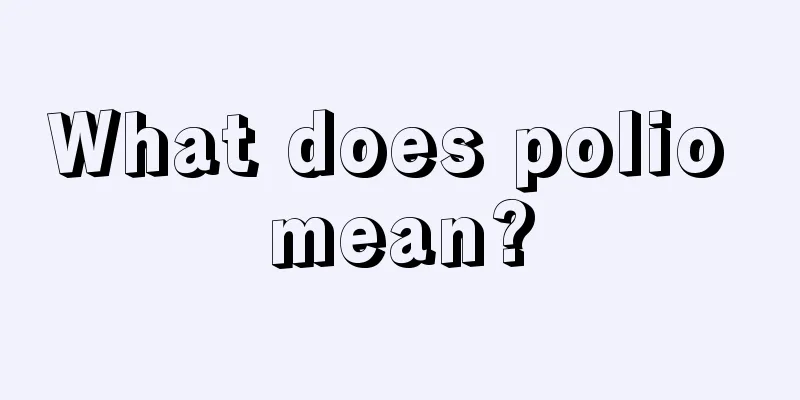What are the symptoms of autism in children?
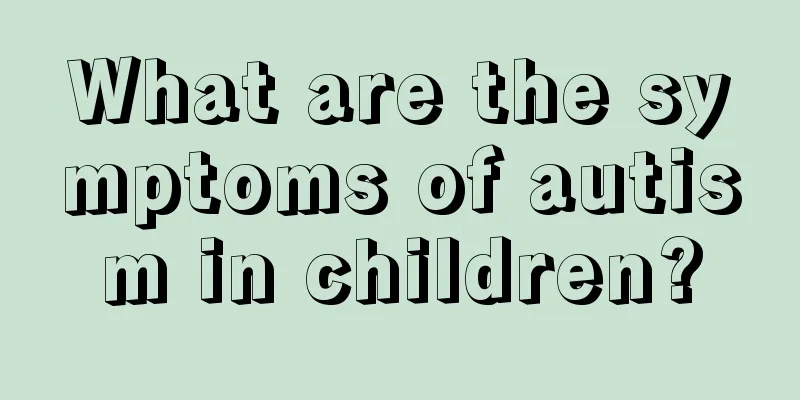
|
Autism in children is a psychological disease. Severe autism can actually have a very big impact and may hinder future life and may cause problems such as language disorders, social disorders, or intellectual disabilities. 1. Language Barrier Language and communication disorders are important symptoms of autism and the main reason why most children seek medical treatment. Language and communication disorders can manifest in many forms. Most children with autism have delayed or impaired language development. They usually still cannot speak at the ages of two and three, or they experience language regression after normal language development. They have expressive language before the age of 2 to 3 years, which gradually decreases with age or is even lost completely. They remain silent for life or, in rare cases, use limited language. They have some degree of obstacles in their perception and expression of language. 2. Social interaction disorder The patient is unable to establish normal interpersonal relationships with others. When they are young, they do not make eye contact with others, have a dull expression, lack the expression or gesture of expecting hugs and caresses from their parents or others, and have no happy expression when enjoying caresses, and even reject hugs and caresses from their parents and others. He cannot distinguish between close and distant relationships and treats his relatives with the same attitude as he treats other people. Unable to establish a normal attachment relationship with parents, patients have difficulty establishing normal partnerships with children of the same age. For example, they tend to stay alone in kindergarten and do not like to play with their peers. When they see some children playing games enthusiastically together, they have no interest in watching or desire to participate. 3. Narrow interests and stereotyped behavior patterns The patient is not interested in the games and toys that normal children are keen on, but likes to play with non-toy objects, such as a bottle cap, or observe the rotating electric fan, etc., and can last for dozens of minutes or even several hours without feeling bored. Not interested in the main features of toys, but very concerned about non-main features: patients stubbornly require to keep the daily activity routine unchanged, such as going to bed at the same time, covering the same quilt, taking the same route when going out, etc. If these activities are stopped or behavioral patterns are changed, the patient will express obvious unhappiness and anxiety, and even engage in rebellious behavior. Patients may have repetitive stereotyped movements, such as clapping their hands, turning in circles, licking the wall with their tongue, stomping their feet, etc. 4. Intellectual Disability Among children with autism, the intelligence levels are very inconsistent. A few patients are within the normal range, while most patients show varying degrees of intellectual disability. Domestic and foreign studies have shown that intelligence tests on autistic children have revealed that about 50% of them have moderate or above intellectual disabilities (IQ less than 50), 25% have mild intellectual disabilities (IQ 50-69), and 25% have normal intelligence (IQ greater than 70). Those with normal intelligence are called high-functioning autism. |
<<: What should I do if my child has anal pain? What should I pay attention to?
>>: What is the cause of anal bleeding in children? What should we pay attention to?
Recommend
How to treat and improve cough and runny nose in infants and young children
Coughing in infants and young children is a commo...
The symptoms of Helicobacter pylori in children, I was shocked after reading it
Once a child is infected with Helicobacter pylori...
What happens when a baby has a fever and convulsions?
We attach great importance to the physical health...
Reasons why children's faces turn dark
Parents care for their children meticulously and ...
Bleeding ears in children
Ear bleeding is not a very common phenomenon in l...
What should I do if my baby coughs and has phlegm in the morning?
There are usually several situations when babies ...
What are the treatments for cough in children?
Children are prone to coughing when they are youn...
Reasons for black stool in newborns
The body of a newborn is very fragile, and even a...
What kind of complementary food can a six-month-old baby eat?
Six-month-old babies are already very big, so com...
What are the tests for ADHD in children?
ADHD is a common chronic disease in children, but...
What to do if children have toothache?
There are many reasons for swollen and painful gu...
Symptoms of indigestion in three-year-old babies
Indigestion is a common disease in babies, and mo...
Newborn vomits green liquid
If a newborn vomits green liquid, it may be due t...
What should I do if my child has a fever?
There are many causes of fever, mainly various in...
What's going on when my baby has blue loose stools?
When a mother finds that her baby's stool is ...
